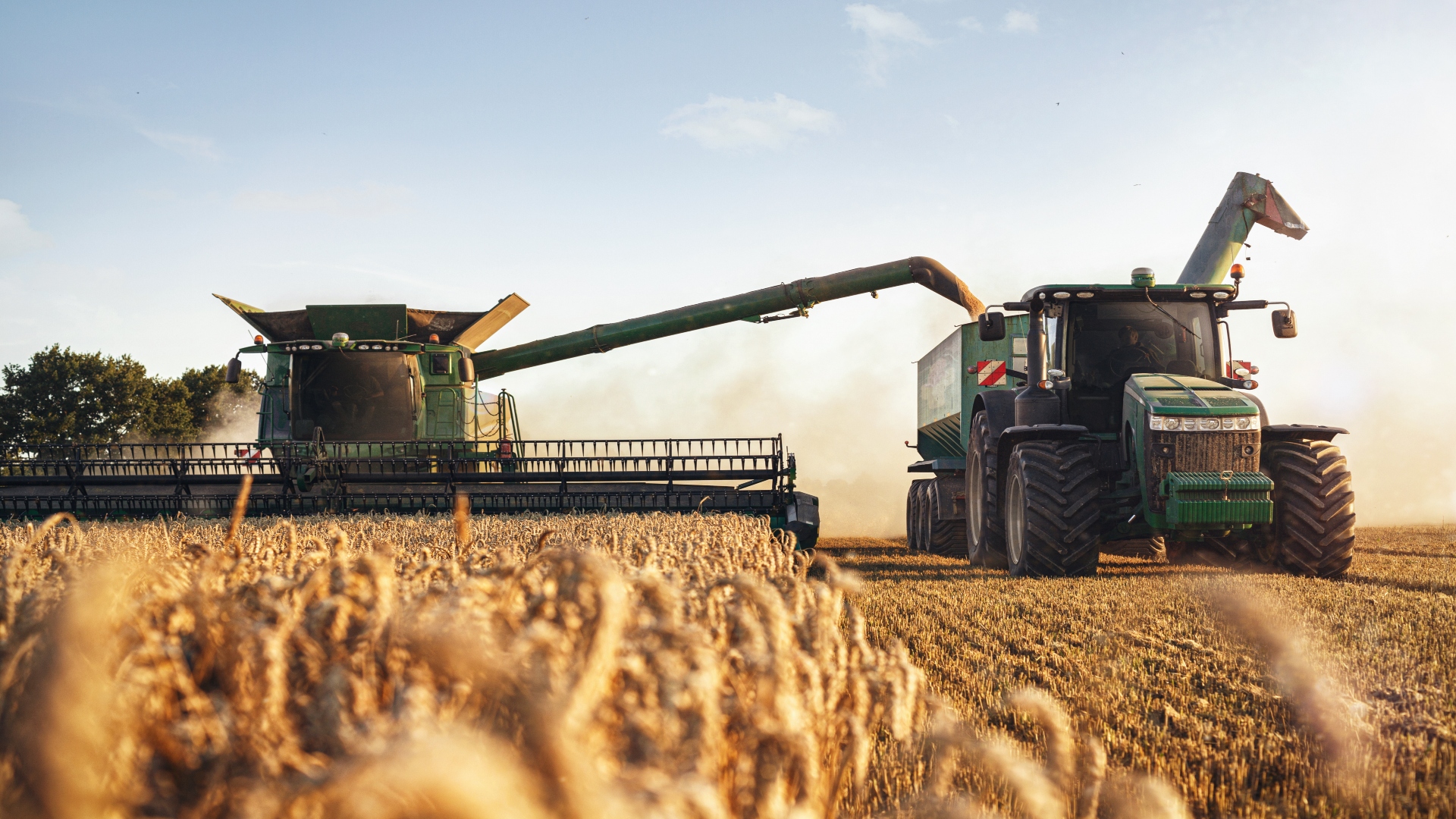Livestock auctions play a crucial role in helping farmers access better markets, offering them opportunities to sell livestock at competitive prices.
These auctions serve as a gateway to broader, more profitable markets, providing farmers with numerous advantages such as increased market reach, transparent pricing, and streamlined sales processes.
Here’s how livestock auctions benefit farmers and help them tap into better market opportunities.
Wider Market Access for Farmers
Livestock auctions provide farmers with access to a wider pool of buyers, both locally and globally.
These events attract diverse buyers, including local farmers, ranchers, meat processors, and retailers, which helps ensure a more competitive pricing environment.
By reaching a larger audience, farmers have a higher chance of selling livestock or machinery sales at better prices compared to private sales, where the market scope may be more limited.
Additionally, the increased buyer competition at auctions can lead to higher bids, offering farmers the opportunity to maximize their profits.
This wider market access is particularly important for farmers looking to sell in different regions or international markets.
Transparent Pricing and Market Trends
One of the most significant advantages of livestock auctions is the transparency of pricing. Auctions operate on an open bidding system, where prices are determined by real-time demand and the competitive nature of the bidding process.
This transparency gives farmers a clear understanding of current market trends and the going rate for their livestock.
Farmers can use this real-time pricing data to make more informed decisions, ensuring they get a fair price for their animals.
This level of market transparency is often absent in private sales, where negotiations can be opaque and less predictable.
Efficient Sales Process for Livestock
Livestock auctions streamline the sales process, saving farmers time and effort. Instead of negotiating with multiple buyers or dealing with the logistics of private sales, farmers can bring their livestock to the auction and have them quickly assessed and sold.
This efficiency is especially valuable for farmers looking to sell large numbers of animals within a short timeframe, ensuring quicker turnover and reducing holding costs.
Moreover, auctions provide a structured environment where livestock is categorized and presented for sale in a consistent manner, increasing the chances of a successful transaction.
Access to Niche and Specialty Markets
For farmers raising specialty or rare breeds of livestock, auctions offer the opportunity to tap into niche markets.
Whether selling organic beef, heritage pork, or rare poultry breeds, auctions often attract buyers looking for specific types of livestock.
This access to specialty markets can enable farmers to sell their products at premium prices, helping them maximize profits by catering to high-demand consumer segments.
Market Insights and Networking Opportunities
Livestock auctions also offer valuable market insights and networking opportunities. By participating in auctions, farmers can gain firsthand knowledge of market trends, buyer preferences, and evolving industry standards.
Networking with other farmers, buyers, and industry professionals allows farmers to build relationships and stay updated on market demands, improving their ability to access better markets in the future.
Livestock auctions provide farmers with better access to markets, competitive pricing, and efficient sales processes.
Through wider market reach, transparent pricing, and niche market opportunities, auctions empower farmers to maximize their profits and gain valuable market insights.
Whether you are a small-scale farmer or a large-scale producer, participating in livestock auctions is a powerful strategy for accessing better, more profitable markets.






























